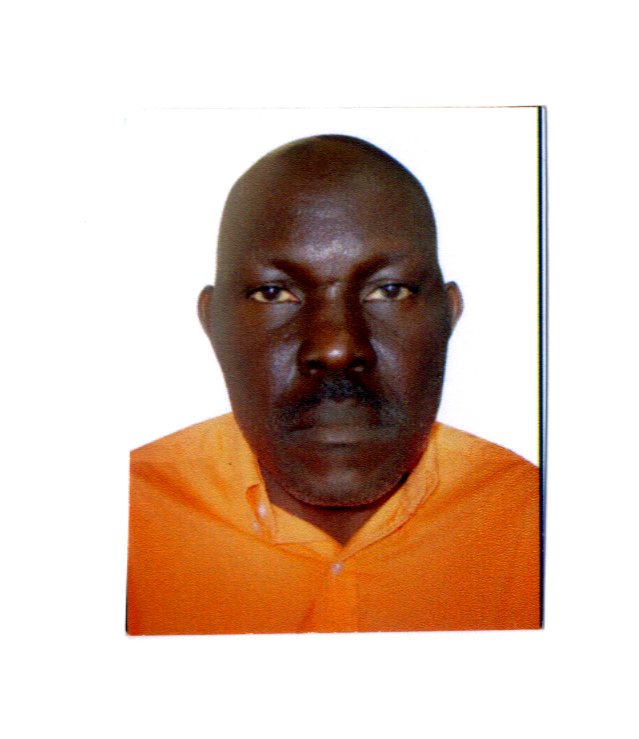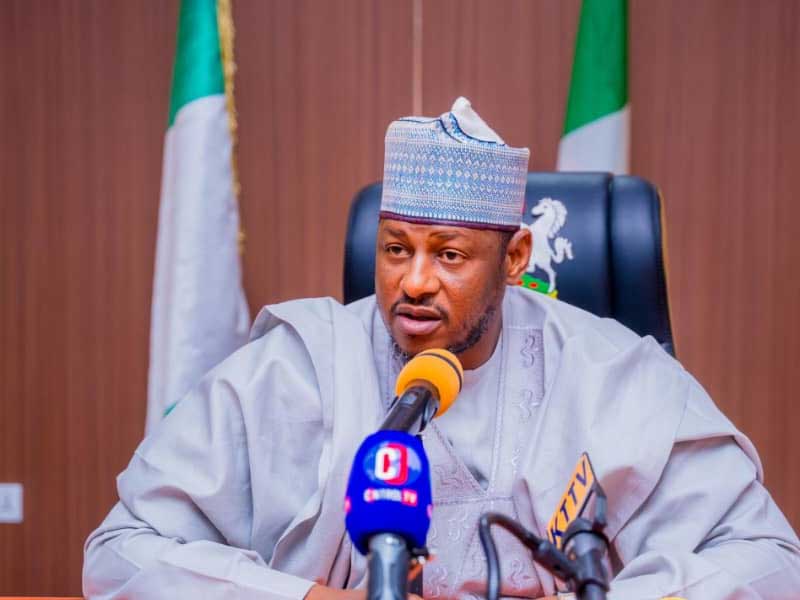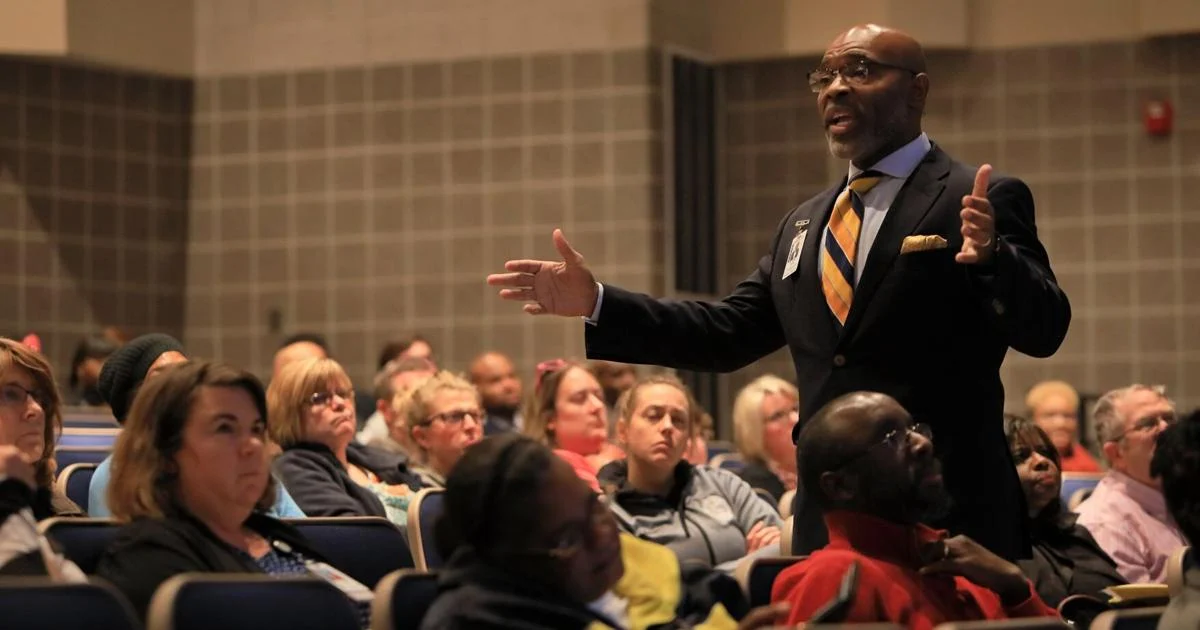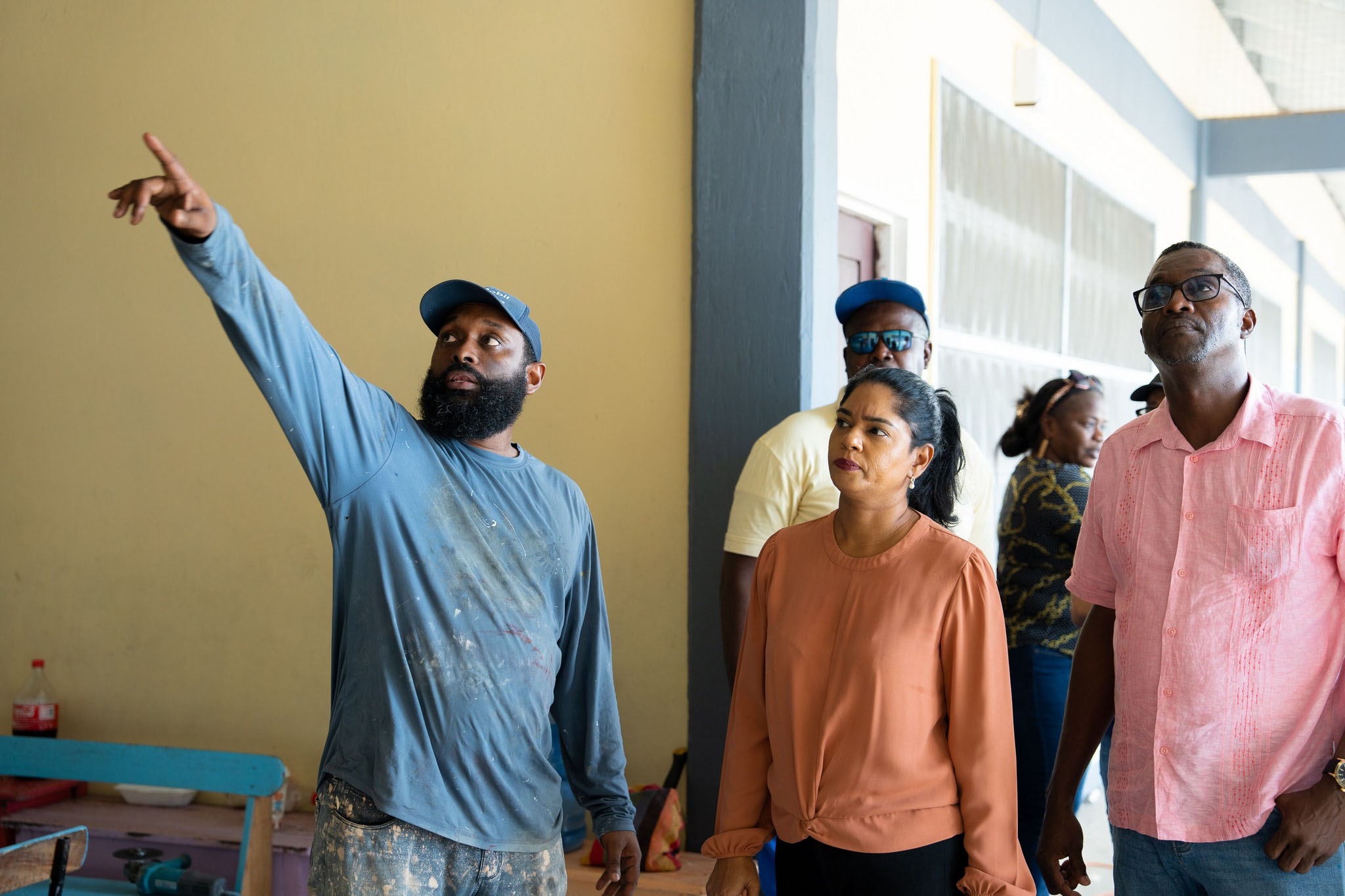Copyright watchdoguganda

If one wants to know about the progress and direction of a country, the quickest way is to look at how they treat their children. This is important because the children are the generation that is supposed to carry on the civilization and culture of the nation. Looking at Uganda today, there are many questions and concerns about our schools, questions about the children we send there, their teachers, and the part parents are supposed to play in achieving good education outcomes. Officially, Uganda has universal free primary education, meaning that all children of school-going age are supposed to attend primary school and secondary school without paying fees. Yet, the number of children not attending school is high, and increasing, by the day. The number of children who start school and drop out at various levels is unacceptably high. The value and usefulness of the education that schools impart to our children is increasingly being distrusted, even for those who are able to complete the entire school system. The growing numbers of youths who complete education and cannot find gainful employment is worrying. On another hand, teachers have had to resort to protesting and striking to call for attention to their problems. The education system is divided into education for the rich, and education for the poor. Schools have turned into business to generate money for the owners, rather than giving service to the communities. So, actors in the education system have started to ask the big questions: Where did we, as a country go wrong? What do we need to do to return to the right path? What are the most important starting points to change and improve education in Uganda? Two years ago, Pearl Foundation for Human Rights and Development Initiative (PFHRDI) made the decision to stop being observers, and take some actions in the education sector. Here we share some of the experiences and lessons gained from our actions. One, there are no government schools any more. Rather, what we have are government-aided schools. The difference between what parents pay in government schools, and what they pay in private schools is becoming narrow by the day. The number of children not attending school because of school fees is increasing. In this light, the foundation started an initiative to support such children whose parents were not able to afford school dues. In just two years, the number of children supported has risen to 500. But this is a very small drop in the ocean. The need for support is ever increasing. Fundamentally, our organization has realized that once parents are relieved of the burden of school fees, they relax. They become even more helpless and dependent. They stop being responsible for buying books, pens, pencils, uniforms, and even providing for lunch for their children. They actually baptize their own children “Pearl Children”. This is the very same behavior they adopted when government started paying school fees. Going forward, Pearl is discovering that working on the attitude of parents, and increasing the value they attach to education is even more important than helping with paying school fees. There is need for a strategy focusing on the best way to sensitize parents to value their children’s education. In a recent September and October 2025 survey of the schools where PFHRDI sponsors children, the inadequacy of the infrastructure, particularly the classes, the toilets, the water sources at school, or even, the hygiene of the places where food is prepared and served, is quite poor. Many schools have very few classes with a high number of pupils. So, the desks and benches are not enough. The problem is more acute in the nursery section, with segments as Baby-Middle-Top. A new negative development of charging money for toddlers to graduate from Top class to Primary One has also come in. Schools charge between 100,000 – 200,000 UGX for this event alone. The quality of standards in these schools is poor and continues to degenerate mainly because the Ministry of Education lacks enough staff to inspect and enforce the minimum standards of what should qualify as a school. There are so many cases of schools operating without licences. Many have no provisions for safety in the event of school fires. Some are in water-logged places and the risks of flooding in rainy seasons are high. Schools that are not fenced pose a danger of learners going in and out of school without real regulation. There are schools where lunch is a choice to be made by parents. One chooses to be part of the school arrangement or not. Few parents make plans for something to eat at lunch time. Yet, if these children were at home, the family always finds some way of providing lunch. This too is a matter of attitude of the parent. One cannot say it is the poverty that determines this. For urban areas, schools are squeezed into small places where they cannot have play grounds. Many resort to renting from nearby more established schools. Clearly, this is not sustainable and leads to the failure to develop talents of the learners. For children, play is part of growth, if you miss it in early years, you may not compensate for it when you grow older. The issue of children with disabilities is not attended to, more so in the private schools. Even the minimum of referring some children to special needs education facilities in the localities, is rarely done. More findings from our survey are no less worrying. In general, parents tend not to participate actively in the education of their children. Additionally, in the homes, the burden of school falls mainly on the mothers. Many husbands are not even aware of the exact location of the schools their children attend. Few of them attend school meetings where important decisions are made. And they are shameless to still claim they are the fathers of these children!!! These are questions and dilemmas that PFHRDI has faced and continues to face, in its sponsorship program. The other challenge is, how to choose, with fairness, those who should benefit from sponsorship. Do you base this on academic promise? How do you involve schools in choosing children to be supported by the foundation? Do you base it on order of birth, so that the youngest are given preference? Do you base this on the level of poverty and needs of each specific family? For how long do you support the sponsored children? Is it wiser to give priority to supporting vocational training of the young to acquire skills that can earn them some income early in life? What can PFHRDI do to improve the quality of teaching and learning in the schools where they sponsor children? Is it even possible to influence education outcomes in the rest of schools where PFHRDI is not sponsoring any child? These are questions, not just for the foundation, but for all people, parents, teachers, the ministry of education, local government leaders, and the children themselves. John Ssenkumba Nsimbe Member, Board of Trustees Pearl Foundation for Human Rights and Development Initiative (PFHRDI) Yokana9516@gmail.com Do you have a story in your community or an opinion to share with us: Email us at editorial@watchdoguganda.com



